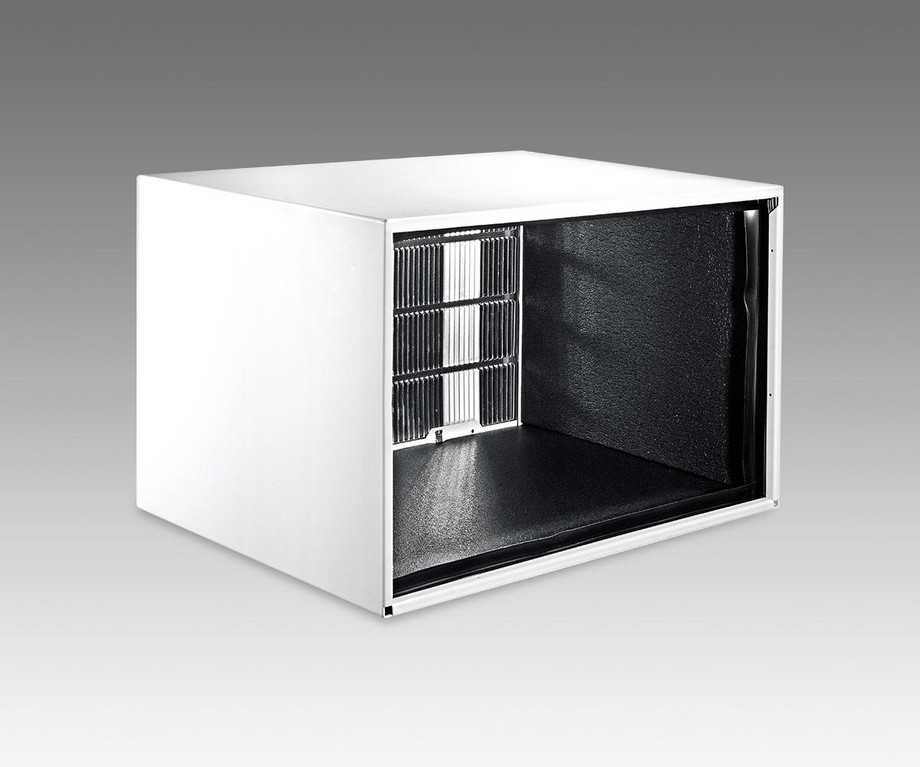As a hospitality manager, creating a comfortable environment for guests is essential. The best air conditioner in each hotel room can enhance guest satisfaction and set your property apart. From energy efficiency to noise control, various factors determine which air conditioner best suits hotel rooms. Here, we explore key considerations and top recommendations to help you make an informed choice.
Why Air Conditioning Matters in Hotel Guest Experience
Climate control is a fundamental expectation in any hotel stay. When guests are comfortable, they’re more likely to enjoy their stay and leave positive reviews. Choosing the right air conditioning solution means balancing reliable cooling, energy efficiency, quiet operation, and ease of maintenance.
Key Considerations for Hotel Room Air Conditioners
Room Size and Layout
Hotel rooms come in different sizes, and a one-size-fits-all approach may not work. For instance, a small room might only need a unit with lower BTUs (British Thermal Units), while larger suites require a stronger model to cool effectively. Measure the room sizes and consider a system that allows precise climate control to avoid wasted energy and uneven cooling.
Noise Level
Guests value a peaceful atmosphere, and air conditioners can be one of the noisiest appliances in a room. Quiet units are ideal, especially for light sleepers. Look for models rated under 60 decibels or units specifically designed for sound reduction, such as split-system air conditioners, which tend to operate more quietly than window or PTAC (packaged terminal air conditioners) units.
Energy Efficiency
Energy-efficient air conditioners not only reduce operational costs but also align with many guests’ growing preference for eco-friendly accommodations. Look for units with an ENERGY STAR rating or inverter technology, which adjusts the unit’s speed and capacity to match the cooling demand, saving energy without sacrificing comfort.
Ease of Maintenance
Regular maintenance is essential to keep air conditioners functioning efficiently. Systems that allow easy filter access and modular parts are particularly beneficial in hotels, where quick maintenance minimizes room downtime. Additionally, some units offer self-cleaning features that reduce dust buildup, helping to maintain clean air quality for guests.
Smart and Programmable Options
Programmable thermostats or smart AC controls can enhance energy savings by letting staff control temperature settings remotely. Some models also come with occupancy sensors that adjust the temperature based on room usage, creating a comfortable environment only when guests are present.
Tips for Selecting the Right Air Conditioner for Your Property
Assess Your Budget and Long-Term Costs
Choose a model that offers the best balance between upfront cost and long-term energy savings.
Prioritize Guest Comfort and Peace
Opt for quieter units to ensure a restful experience for all guests.
Check Energy Ratings
Look for ENERGY STAR ratings to keep operational costs down and enhance eco-friendliness.
Choose Easy-to-Maintain Models
Modular or self-cleaning features reduce maintenance workload and minimize room downtime.
Conclusion
Selecting the best air conditioner for hotel rooms is an investment in guest comfort and operational efficiency. By focusing on energy efficiency, noise levels, ease of maintenance, and tailored cooling, hotel managers can create a pleasant stay experience for guests while optimizing costs.

